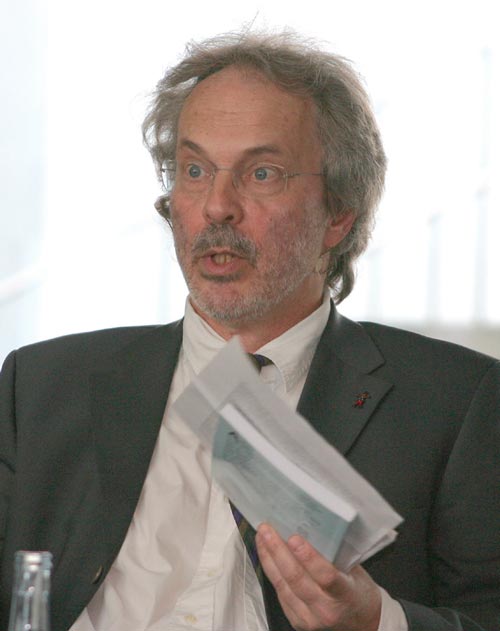 Professor Henning Melber
Professor Henning Melber
Postcolonial scholars have laid the groundwork for insights into the notion of othering, voice and silences. Space and (local) place remain fundamental sources from which ordinary people and states draw their identity, while governments continue to use the notion of nation and national(istic) discourse in their rhetoric and policies. Space as both a construction and a practice is always tied to historicised experiences of power and systems of inclusion and exclusion. In times of shifting boundaries in a context of increasingly multiple identities, this is a contested sphere. Since place plays a key role in the shaping of ordinary people’s collective experiences of identity, this leads to contestations and the rejection of others’ claims of belonging to that particular space. Difference, and its construction, is intertwined with spatial politics and its meaning for identity as well as claims of ownership. Often the seemingly non-violent forms of exclusion of minorities and so-called deviants (including other forms of religious orientation) are more salient and harmful. The ‘othering’ of lesbian, gay, bi- and trans-sexual (LGBT) groups, ethnic and religious minorities, as well as immigrants and refugees, is a case in point.
A deeper understanding of complex social dynamics necessitates thorough scrutiny of representational practices in context. The forms of othering created and imposed in what has at times been dubbed as patriotic history or post-colonial heroic narrative is also a reference point. While new forms of power have created seemingly new discourses, they often reproduce old concepts of power. Despite appearing and claiming to be a post-colonial alternative, these narratives often reproduce similar characters and traits as those of the past, given the (at best) limited change in power relations and concepts of power and domination.
Professor Henning Melber from the Department of Political Sciences at UP with Professor Heidi Hudson from the Centre for Africa Studies, University of the Free State, has been the guest editor of a Special Issue of Africa Insight (vol. 44, no. 1) on ‘African Identities and the Politics of Space and Othering’. The contributors (including Dr Cori Wielenga from the Department of Political Sciences) examined a range of African cases of ‘othering’, including a focus on ‘micro-otherings’, namely the violence from within, such as xenophobia, homophobia and misogyny. Articles offered comprehensive coverage of a variety of academic disciplines in their synthesis of insights pertaining to the interdisciplinary or trans-disciplinary through the eyes of power and space. This revisits debates on alterity and the African knowledge project and gives it a current feel through a holistic linking of space, power, identity and knowledge.